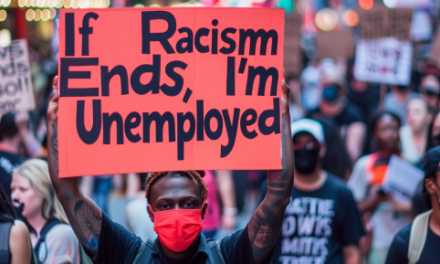The recent car crash into the gates of Downing Street is poised to receive a rather fitting name: “Gate-Gate.” Yes, you read that right. It seems that whenever something remotely scandalous or puzzling happens, our beloved society just can’t resist slapping a “Gate” at the end of it. It’s become a tradition, like tea and crumpets, except with more intrigue and fewer crumbs.
Witnesses stood in awe as the wayward vehicle barreled towards the imposing iron gates, its tires screeching and metal crunching on impact. And just like clockwork, a wave of excitement swept through the air as the eager public eagerly awaited the announcement of the latest “-Gate” scandal. It’s almost as if we can’t fully process an event unless we have a catchy nickname to go along with it.
Experts in the field of gate-naming were on high alert, brainstorming potential monikers for this newfound political escapade. “Gate-Gate” quickly emerged as the frontrunner, capturing the essence of the incident while paying homage to its “gate” predecessors. The panel of specialists had considered “Crash-Gate” and “Downing-Gate,” but they lacked the poetic ring that only “Gate-Gate” could provide.
Social media users took to their keyboards, their fingers dancing across the keys to generate memes and hashtags for the trending scandal. Twitter was abuzz with witty remarks and clever wordplay. One user quipped, “Who needs originality when we can just slap ‘Gate’ at the end of anything? Next up: Cereal-Gate. Turns out breakfast isn’t as innocent as we thought.” Another tweeted, “Breaking News: Watergate declares copyright infringement. Legal battle imminent!”
Meanwhile, politicians and pundits scrambled to offer their hot takes on “Gate-Gate.” Opposition leaders seized the opportunity to criticize the government, claiming that this crash was yet another example of a lack of direction and leadership. Members of the ruling party countered, arguing that it was simply an unfortunate accident and not worthy of a “-Gate” designation at all.
In the midst of the chaos, Downing Street officials tried to maintain a sense of decorum. “While we understand the public’s fascination with attaching ‘Gate’ to every incident, we must remember that this was a car crash and not a political scandal,” stated a spokesperson. “Let’s keep our gates for actual gates, shall we?”
As the discussions surrounding “Gate-Gate” continue, it’s clear that the tradition of affixing “Gate” to every controversial event shows no signs of slowing down. Some may call it lazy labelling, while others see it as a cultural phenomenon that adds a touch of melodrama to our everyday lives. Whatever the case may be, it seems we’ll never tire of the endless possibilities for future “-Gate” controversies. And who knows, maybe one day we’ll witness the ultimate scandal: “Gate-Gate-Gate,” the scandal to end all scandals. The possibilities are endless.
















